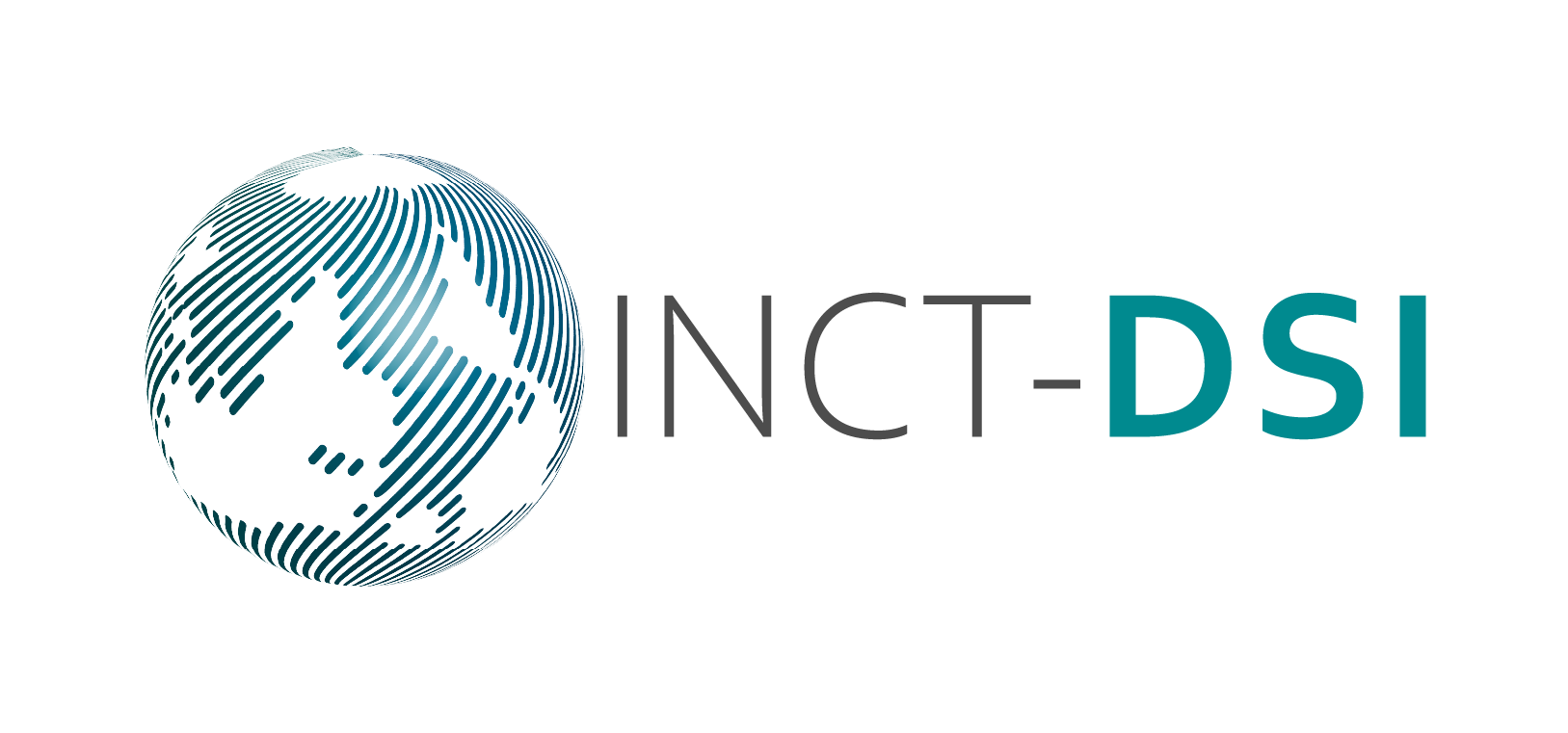About Us
The INCT of Informational Disputes and Sovereignties (INCT-DSI) is dedicated to probing the primary challenges that contemporary information production and circulation present to national sovereignty. Its core mission involves devising strategies to bolster the exercise of democratic power within the modern information landscape.
Consisting of a multidisciplinary team of Brazilian and international researchers, each with substantial bibliographic production and extensive experience in conducting research projects, INCT-DSI aims to articulate and establish a network capable of providing Brazil with a policy focused on ensuring informational sovereignty through a multi-methodological approach.



Research Axes
The INCT-DSI operates in an integrated manner at the intersections of sovereignty and information. Pragmatically, it considers three fundamental lines of research and action:

Scientific sovereignty
Scientific sovereignty centers on discussions regarding the generation, dissemination, and validation of Brazilian scientific contributions in a global landscape characterized by imbalances in knowledge production, visibility, and influence, often dominated by nations belonging to the Center, multinational corporations, and systems for classifying and evaluating science.
Coordinated by Professor Thaiane Oliveira (UFF), it involves investigations regarding:
-
The infrastructure underlying a globally asymmetric scientific system;
-
Academic ranking systems and science evaluation;
-
Representation within central institutions of the system;
-
The emergence of alternative academic circuits;
-
Dynamics in the relationships between peripheral and central institutions;
-
Global sponsors of the academic agenda;
-
Evidence-based scientific education and media and information literacy to combat scientific disinformation.
-
Transnational networks challenging science;
Circulation of information in traditional media
This axis concerns the controversies surrounding the circulation of information via traditional media platforms. It specifically delves into communication groups that wield substantial control over news production and dissemination. This includes examining regional and national perspectives, as well as their interconnections with international content producers.
The second axis, coordinated by Professor Jamil Marques (UFPR), specifically focuses on research about:
- The infrastructure of Brazilian media and its position within the global media landscape;
- The presence and influence of foreign media within Brazil;
- The relationships between foreign media and Brazilian media in shaping public opinion;
- Foreign media as a source and normative standard for national media;
- Media systems operating in different countries in a comparative manner;
- The inherent facets of hybrid media systems and the interrelationships between local and global media groups.
Circulation of information mediated by platforms, algorithms, and data
The axis, under the coordination of Professor Raquel Recuero (UFPEL/UFRGS), focuses on sovereignty within the digital platform landscape and its implications for the public sphere, labor, and social interactions. These platforms now exist as aterritorial spaces where relationships form irrespective of national borders, and their influences manifest within tangible realms.
Investigations within this axis involve:
- Investigations within this axis involve:
- Dynamics of content production, circulation, and legitimization of disinformation in digital platforms;
- Digital platforms and the dispute for informational authority with traditional media.
- Digital platforms and labor;
- New models of platform financing;
- Discursive disputes surrounding the concepts of “fact” and “fake”, and the role of fact-checking and other institutions as mechanisms for content legitimization;
- Visibility, invisibility, and censorship: the power of platforms;
- Technical infrastructure and sovereignty: algorithms and data;
- Models of platform regulation.

